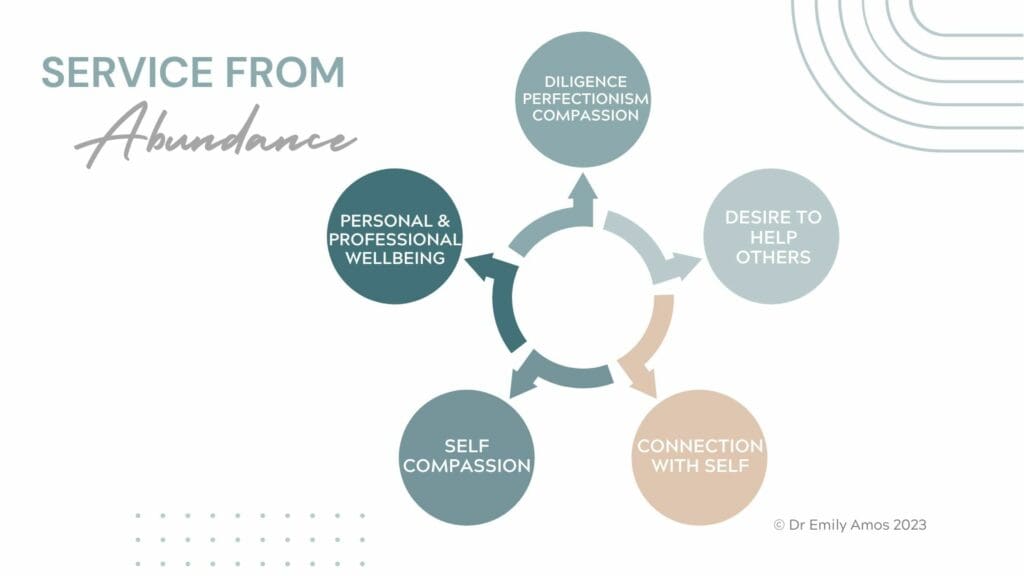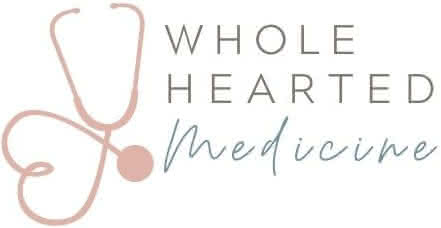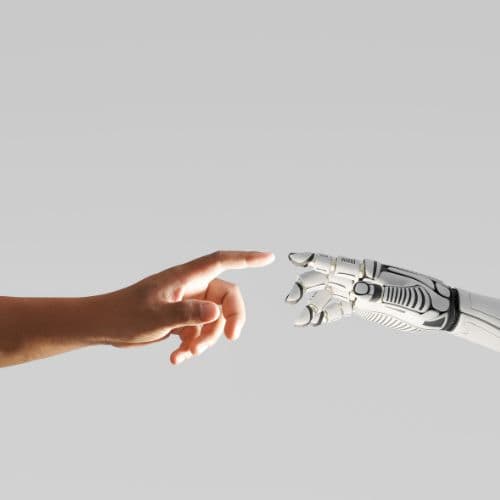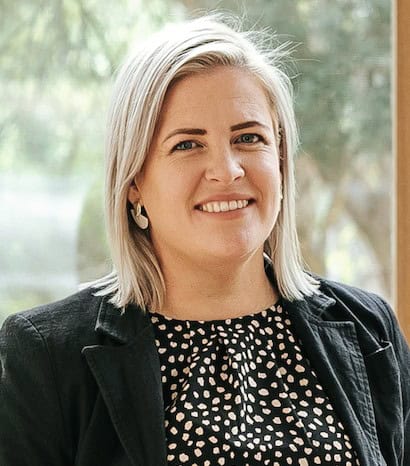An article was recently published on LinkedIn by Dr Graham Walker that highlighted some startling insights into the future employment intentions of US medical students. The most shocking statistic, taken from the Elsevier Clinician of The Future report was that some 60% of all nursing and medical students worldwide are not planning on using their training for patient care. For someone who is engaged in ever smaller amounts of direct patient care myself, I can fully understand what I believe to be some of the reasons for that. To be honest, the more I work with doctors across all stages of their careers through our coaching and educational retreats (over three years now), the less I am surprised by these figures.
Doctors are voting with their feet and leaving healthcare in droves. COVID-19 and the ensuing stresses and burden on our healthcare system does have some bearing on this, but one reason in particular pre-dates this.
Dehumanisation is the deliberate obscuration or demeaning of individuality and humanity in an individual. It is done often to remove power, dignity and identity and can be incredibly distressing for those who are subjected to the practice, but it can also be done inadvertently and sometimes with good intention. In an age of #healthcareheros, you might think that the well-meaning projections of health care professionals bravely standing at the front line of COVID were a far cry from the practice of dehumanisation. But alas, they were simply a more innocuous manifestation of a process that has insidiously been infiltrating healthcare for many years.
The dehumanisation of healthcare professionals.
I remember leaving the hospital after my first week of internship nearly 15 years ago with a startling realisation at how much I already felt like a nameless, faceless cog in a very big machine. Constantly referred to as “pager #791” (or what ever pager number I happened to be carrying on that particular rotation) in the nursing notes in patient files as I finally made it to the ward to respond to my ever growing list of tasks. The seemingly rapid change over of junior doctors from one unit to another meaning that the ‘niceties’ of names and courtesy were often overlooked. The fact that the author of said notes was already off their shift by the time I made it to the ward during a long cover shift meant that I couldn’t even introduce myself, destined to forever just be “pager #791” to them and many others. Compulsory rotations and constant movements across wards and departments means that junior doctors and doctors in training especially, often don’t get a chance to put down roots or get to know their colleagues on the wards.
To the rotation roster, we are just a name. Lives planned months, sometimes years in advance because we know that holidays can only be taken in narrow windows of access. Once our name is printed in black ink on that page, we are no longer a person but a body who’s responsibility it is to fill that place on the floor without exception. Except there is always exceptions. Sickness occurs, family emergencies happen, pregnancies joyfully eventuate.
Despite the best intentions of our industry to ‘control the uncontrollable’, life happens.
And in the absence of flexibility or acknowledgement of our common humanity, life appears all too disturbingly to be an inconvenience to the 24/7 business that is healthcare. Which is somewhat surprising given our work is literally at the interface between life and humanity. The good, the bad and the ugly… in healthcare, we’re in the business of being human. Through our work we know better than most how unpredictable life can be and how delicate and valuable our humanity is.
So why is it then for a profession that understands these fundamental truths, can we so easily forget the humanity of our own staff?
What is the cost of dehumanising healthcare professionals?
Super humans don’t make mistakes.
Super humans can be of service to others without ever needing a break.
Super humans don’t feel the pain of bad outcomes or losing patients.
Super humans don’t get sick, or pregnant, or have family emergencies.
It’s quite convenient to consider healthcare professionals as super human, despite all evidence to the contrary.
The practice of reducing healthcare professionals down to simply their role- to a pager number, to a name on the roster, to a job title or to place in a training program, is an act of dehumanisation. The mechanistic reduction of a person to remove all human like qualities whether intentional or not, acts to commodify them. This gradual degradation of an individuals humanity can over time lead to feelings of depersonalisation in the individual too. Depersonalisation being a key feature of burnout, it’s important to understand the potential role this might have on burnout in doctors.
Tierny, Seers, Tutton & Reeve talk about the importance of the “compassionate care flow” in their 2017 study into the contributing factors to nurses providing compassionate care. They identified that despite the best intentions of many of the study participants to provide compassionate care, that there were many barriers to being able to do so. That in order to maximise nurses ability to provide compassionate care, they needed to be provided with compassionate care themselves.
It’s not really a revelationary concept- that those in the helping and healing professions provide better care to their patients when they themselves feel supported and cared for. And while figures often point out that systemic & organisational level factors are the major drivers in burnout, individual factors also need to be addressed in order to sustainably improve workforce wellbeing. So while employers do need to come to the table by bringing compassionate care to their workforce, we as a healthcare workforce also can take some power & autonomy in the cultivation of mindful & compassionate self awareness. This is something that I can see, as someone who was drawn to study medicine at a young age and based on a deep seated desire to be of service to others- I really lacked. I dedicated myself over a very long time to the cultivation of knowledge and skills to be of service to others, but I never once in all those years dedicated the time & energy needed to the compassionate self reflection and personal growth that was required to come to a deep and solid understanding of myself. In the absence of a secure and stable sense of self, the act of systemic dehumanisation is so profoundly amplified.
I know that I am not alone in our profession in my observation above. Many of us devote ourselves to the service of others to the detriment of our own self awareness. Each retreat for the past three years, we have asked participants to write anonymously on a card the reasons why they have come. Ever altruistic, many doctors displaying themes of wanting to be a better version of themselves in order to be a better doctor, parent, partner… person. Some of the most common reasons doctors cite though is to “learn to be kinder to myself” and to “reconnect with who I really am”. Each card, in so many different ways, describing a subtle disconnect between who they feel they should be as a doctor, and who they really are.
“I want to learn to identify my needs so I can take care of them (I don’t even know what they are!)”
Retreat participant
The cultivation of a mindful self awareness is a fundamental factor in the concept of service from abundance. That in order to give sustainably, we first need to meet ourselves- every part of ourselves- compassionately and with acceptance. That the practice of self compassion is actually the all important keystone to the entire cycle of compassionate care. Unfortunately, what I see more and more as I run our mindfulness & wellbeing retreats for doctors is that self compassion is something that near universally the doctors who attend our retreats are struggling with. Couple that with uncaring workplaces and the constant breaking down of self and humanity by a system that creates so many opportunities to dehumanise doctors- and unsurprisingly, you have a catastrophic breakdown in the Compassionate Care Flow. Without replenishment or restoration, doctors give until they have nothing left to give.

I know that it is not the job of a mindful and self aware doctor to compensate for the inadequacies of a poorly designed healthcare system. But I also know that a mindful and self aware doctor is much more likely to be able to speak up for themselves effectively, to place and hold compassionate boundaries around their needs without acquiescing to guilt and to withstand the storms of those around them without reactivity. That mindful awareness of self and state does bring about change in the world.

So I continue to focus on what is within my own circle of control- those individual factors. I do this because I know that being human is messy. It’s hard and it’s uncomfortable. It takes practice to be able to sit with the discomfort of our humanness, and that the allure of even considering ourselves as super human can be tempting. It offers us respite from the messiness of being human. That it’s not only external but also sometimes internal factors that dehumanise us as healthcare professionals. Over time, this insidious slide away from our own humanity can result in a decreasing ability to relate to ourselves and our work. This is exactly how I felt as I experienced burnout for myself- an uncomfortable process of trying to disentangle myself from my identity as a doctor rather than a person.
That is why I established The Healers Health Collective in 2020 and that’s why I’m determined to continue creating spaces that celebrate your humanity- on our retreats, in our membership, through coaching and beyond.
Because you deserve the same care and compassion that you give to your patients.
I would love to hear more about what is happening in your world? Have you experienced initiatives or workplaces that have made you feel valued, cared for and celebrated as a human? Feel free to get in touch via email or social media on Instagram, Facebook or LinkedIn to let me know if you have. Let’s celebrate our common humanity by celebrating those people & places that are nurturing our humanness! Don’t forget to tag Whole Hearted Medicine and use the hashtag #humansofhealthcare to keep this conversation alive.



